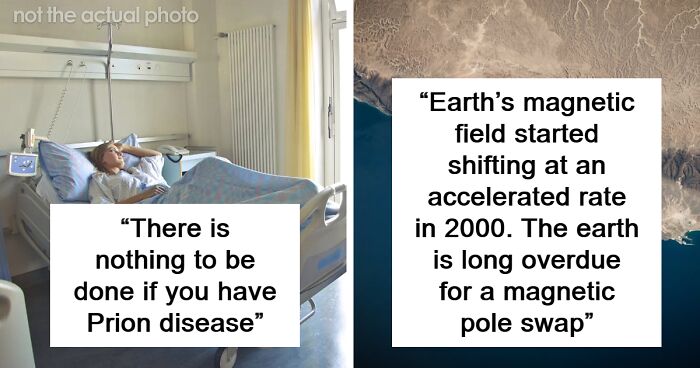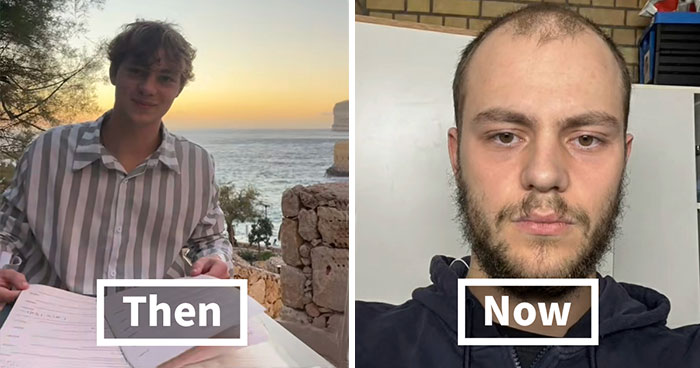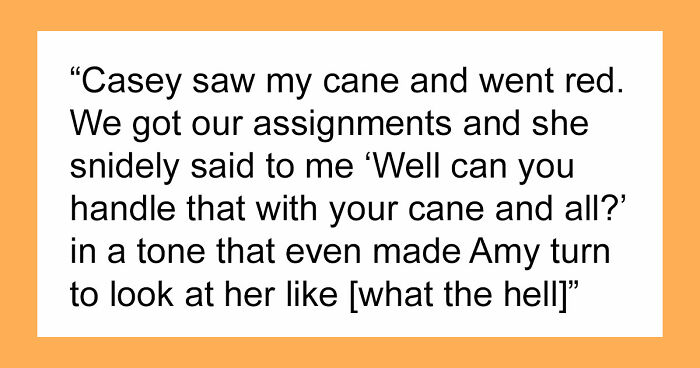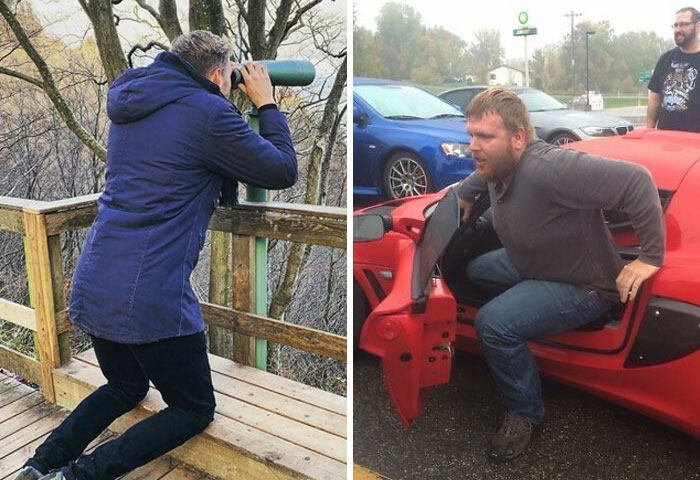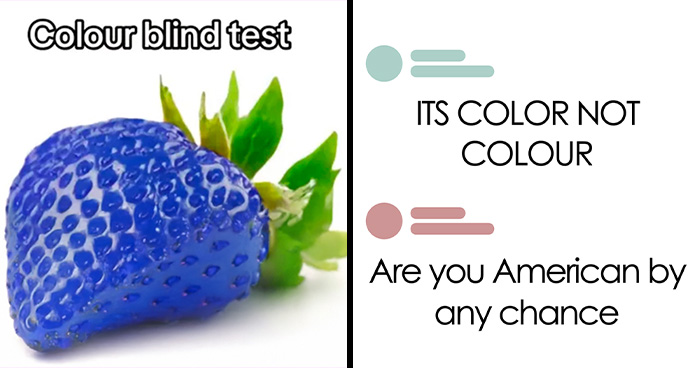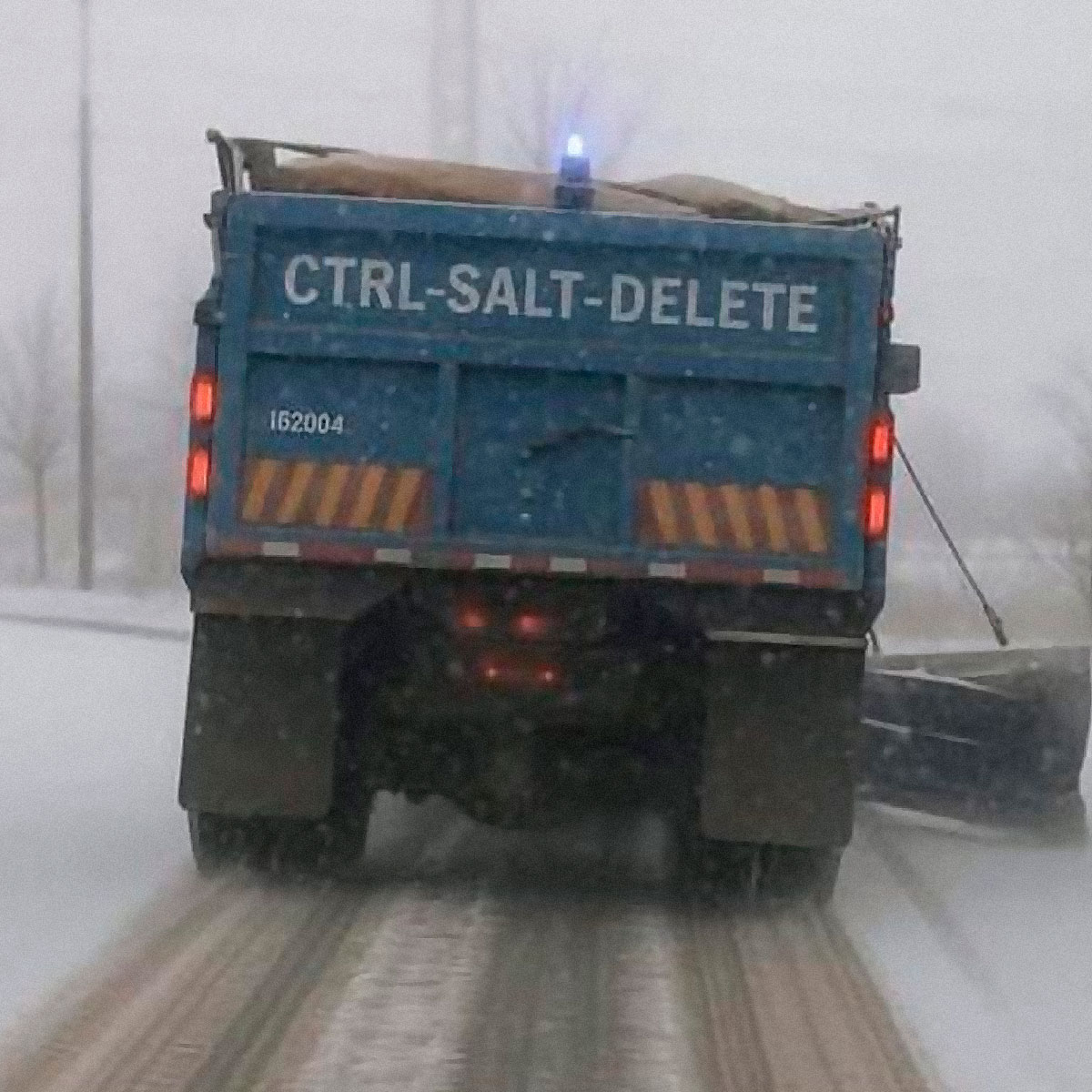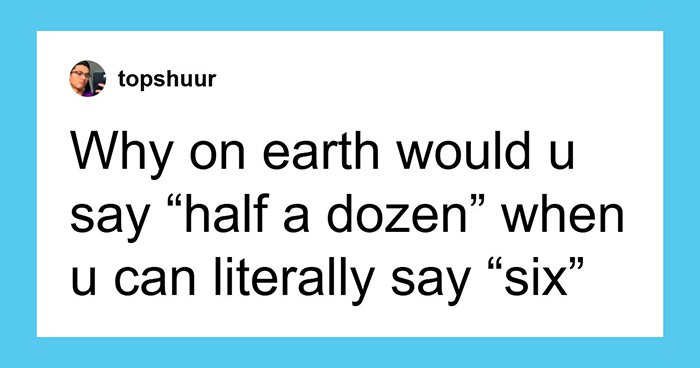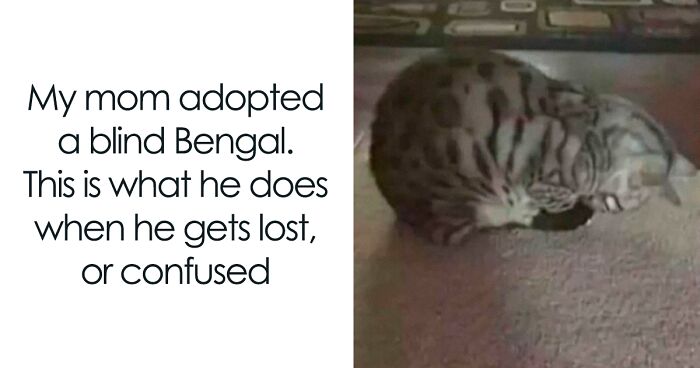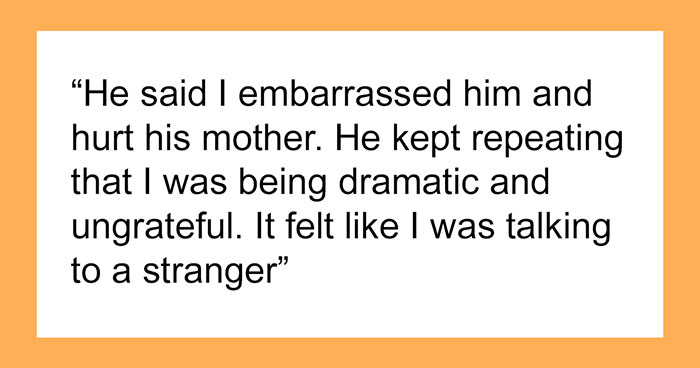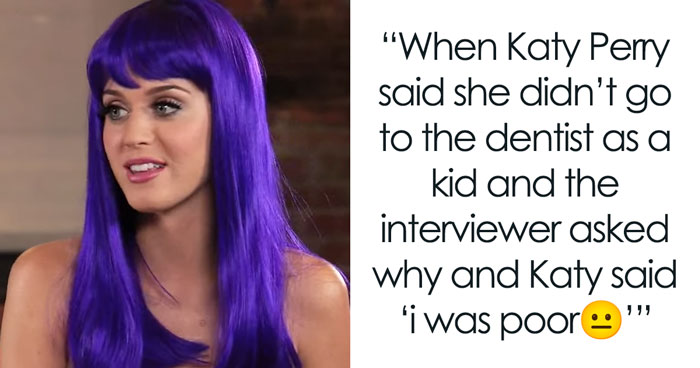Science can be fascinating and fun. We love to learn new facts about our planet and beyond, like the fact that hippos sweat sunscreen. But it can also be pretty scary at times. I, personally, try not to think about the effect microplastics have on our health or how many times BP has spilled oil into our oceans. There's nothing fun about these kinds of facts.
Perhaps a similar thought brought about the curiosity of this Redditor. Instead of fishing for some fun science facts, the user u/DogeStonks69 asked others, "What's the scariest science fact that the public knows nothing about?" And boy, did the commenters deliver. Be prepared to possibly face some existential dread after going through these entries.
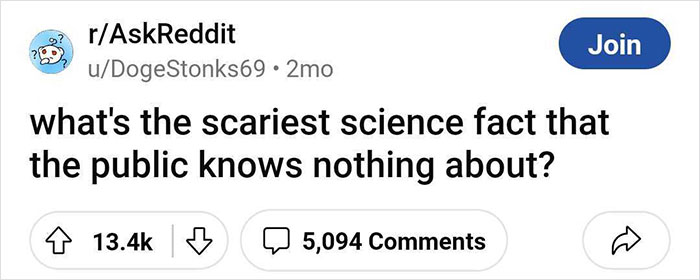
This post may include affiliate links.
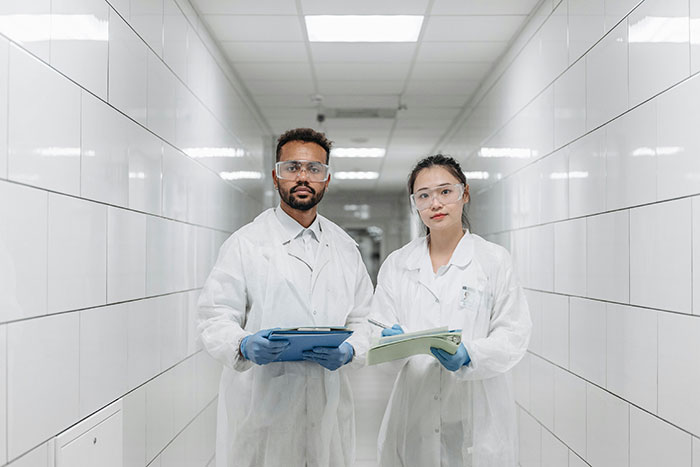 Scientists were trying to study the effects that microplastics have on the human body and brain but were unable to draw any reasonable conclusions because they **could not find a control group.**.
Scientists were trying to study the effects that microplastics have on the human body and brain but were unable to draw any reasonable conclusions because they **could not find a control group.**.
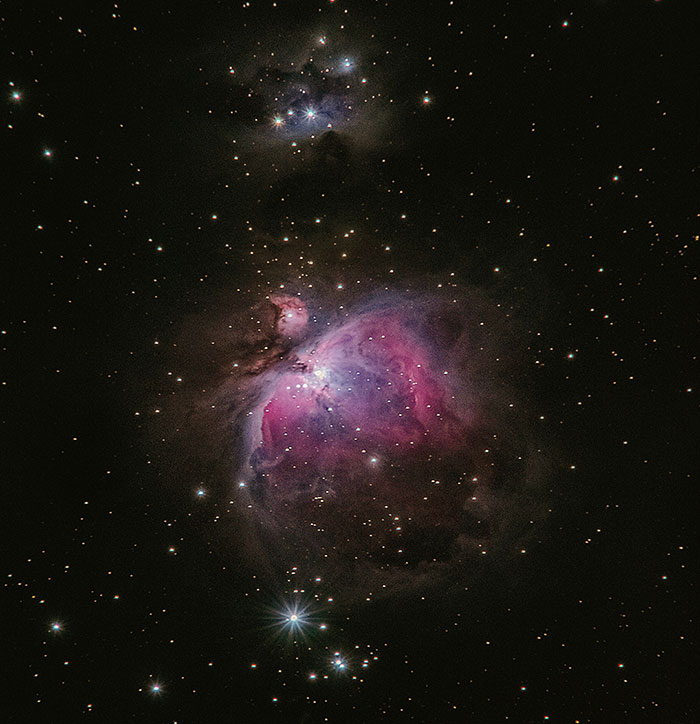 I'm sure there are plenty of people who know this, but personally I find it terrifying af.
If the vacuum of space didn't block sound from reaching us, the sun would be as loud as a jackhammer *everywhere* on Earth. Everywhere, at all times. And because sound travels slower than light, if the sun were to go out it would take eight minutes for the light to stop but 13 years for the sound to stop. So life on a cold, dead Earth for 13 years and still hearing the jackhammer scream of our dead sun.
I'm sure there are plenty of people who know this, but personally I find it terrifying af.
If the vacuum of space didn't block sound from reaching us, the sun would be as loud as a jackhammer *everywhere* on Earth. Everywhere, at all times. And because sound travels slower than light, if the sun were to go out it would take eight minutes for the light to stop but 13 years for the sound to stop. So life on a cold, dead Earth for 13 years and still hearing the jackhammer scream of our dead sun.
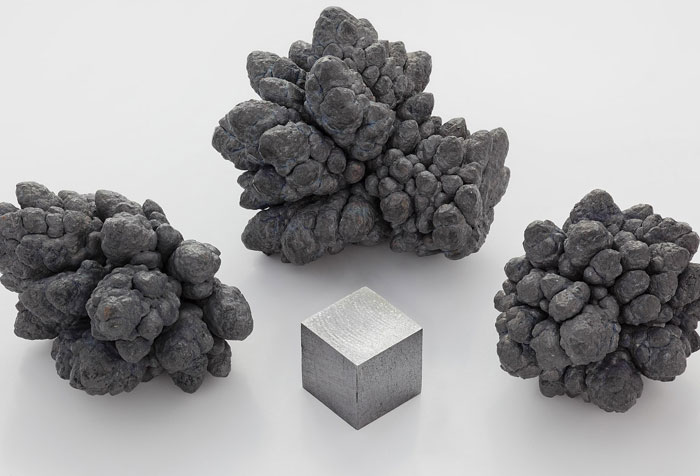 The greatest chemical contributor to IQ loss and violent behaviour is Lead and it's still in millions of people's piping.
The greatest chemical contributor to IQ loss and violent behaviour is Lead and it's still in millions of people's piping.
But Kris Kobuch, a Republican politician from Oklahoma, claims that the existence of lead poisoning is “controversial.” The Biden administration has funded the huge project of removing lead pipes everywhere in the country. Kobuch thinks it’s a scam and a waste of money.
Let's dissect some of these scary facts. Like the microplastic one. Why are there no control groups to test its effects on? The problem with microplastics is that they're everywhere: in the water, in the earth, and in the air. But what's more concerning is that it is in living tissues, too.
The fact that there are nano and microplastics in our blood, placenta, heart, liver, and bowels alone is enough to scare us. But that's also the reason why scientists can't properly study its effects – there is no place (even in the human body) where they are not present, so we can no longer make comparisons.
What are the potential dangers of having microplastics in our organs? It's possible they make us more susceptible to cancer, heart disease, kidney disease, and Alzheimer's disease, and they might even affect our fertility. There is a study where researchers found that microplastics in the brain might correlate with autism-like traits in mice.
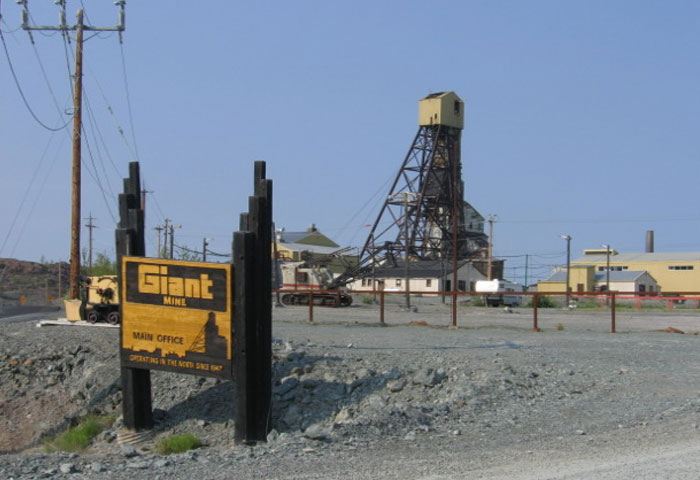 In Yellowknife, NT Canada, there was a gold mine operating for 54 years, and a byproduct of that mining process was arsenic trioxide... 237,000 tonnes of it, enough to give a death sentece to everything on the planet. They figured the best thing to do was to bury it in permafrost. The problem is, it's starting to get warmer, so they have to figure out what to do with it. It's not a secret. Just no one is talking about it.
In Yellowknife, NT Canada, there was a gold mine operating for 54 years, and a byproduct of that mining process was arsenic trioxide... 237,000 tonnes of it, enough to give a death sentece to everything on the planet. They figured the best thing to do was to bury it in permafrost. The problem is, it's starting to get warmer, so they have to figure out what to do with it. It's not a secret. Just no one is talking about it.
There's a huge amount of arsenic in the soil, everywhere. It's one of the most common elements on Earth.
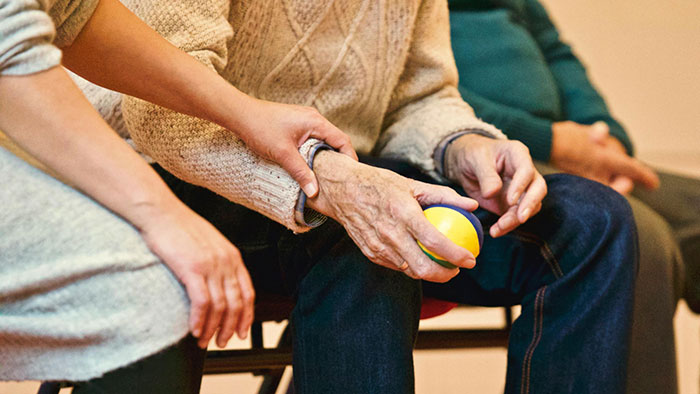 Scientific litterature conclusion on alzheimer's disease and other neurodegenerative diseases in general is that the diseases start decades before the first obvious symptoms and that we need to treat them at this stage. When you exhibit obvious symptoms, it's too late, your brain is already mush.
If you get diagnosed with alzheimer's at 65, you had the disease since your early 40's at least. And you experienced very mild symptoms but didn't notice it. And your brain fought like hell to compensate the deficit. When you get diagnose, your brain is already very severely damaged and will never recover from the deficit.
Scientific litterature conclusion on alzheimer's disease and other neurodegenerative diseases in general is that the diseases start decades before the first obvious symptoms and that we need to treat them at this stage. When you exhibit obvious symptoms, it's too late, your brain is already mush.
If you get diagnosed with alzheimer's at 65, you had the disease since your early 40's at least. And you experienced very mild symptoms but didn't notice it. And your brain fought like hell to compensate the deficit. When you get diagnose, your brain is already very severely damaged and will never recover from the deficit.
Around half of Alzheimer's research is in finding a cure, the other half is trying to find an early detection method.
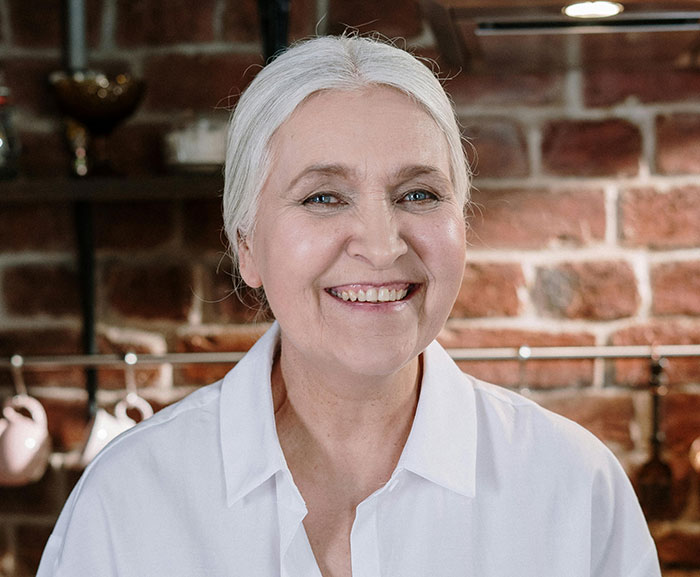 Only my grandma and I know how handsome I am.
Only my grandma and I know how handsome I am.
Declining insect population rates are also bad news for us. We often think of insects as nuisances: annoying flies, bloodsuckering mosquitoes, and disgusting roaches. But the reality is that insects, no matter how gross, are extremely important to ecosystems.
Reuters reports that a 2020 study found how Earth has lost 5% to 10% of its insect populations in the last 150 years. That's between 250,000 and 500,000 species total. Another study found that we're losing insect populations at a rate of 1% to 2% per year.
Which species are the most affected? Out of the gross ones, only the beetles, including dung beetles. The insects that have the worst numbers are bees, moths and butterflies, aquatic insects, and those insects that eat other insects, like certain species of ladybugs and ants.
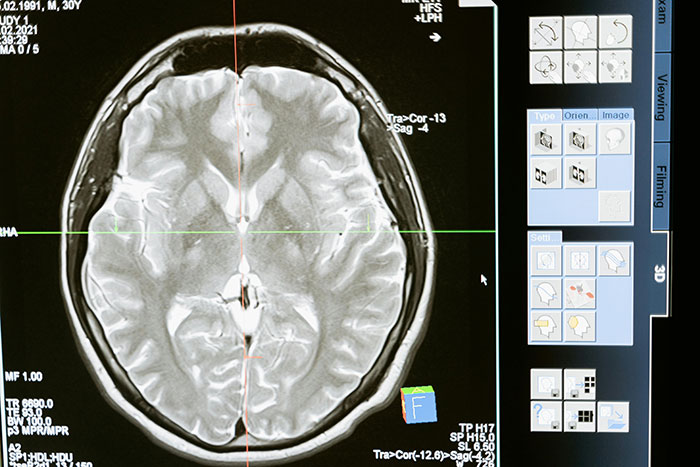 Brain aneurysms can happen at any time, to anyone. No matter what age you are, or even how healthy you are, if you are currently alive, you have a chance of getting a brain aneurysm. When you do get one, there's a 50 % chance you'll just die immediately. Like, you'd be alive one minute, and then lying on the floor unconscious the next minute. Are the chances of actually getting a brain aneurysm at any random moment low? Yes, but it's still not 0.
Brain aneurysms can happen at any time, to anyone. No matter what age you are, or even how healthy you are, if you are currently alive, you have a chance of getting a brain aneurysm. When you do get one, there's a 50 % chance you'll just die immediately. Like, you'd be alive one minute, and then lying on the floor unconscious the next minute. Are the chances of actually getting a brain aneurysm at any random moment low? Yes, but it's still not 0.
 There are millions and billions of dollars in research into how to make people buy c**p. The missus took a year of psychology and what they got the most research on is how to manipulate you and me into buying c**p we don't need. Mental illness we know a little about. Making you want the new c**p that you don't need? We know a helluva lot about how that works.
There are millions and billions of dollars in research into how to make people buy c**p. The missus took a year of psychology and what they got the most research on is how to manipulate you and me into buying c**p we don't need. Mental illness we know a little about. Making you want the new c**p that you don't need? We know a helluva lot about how that works.
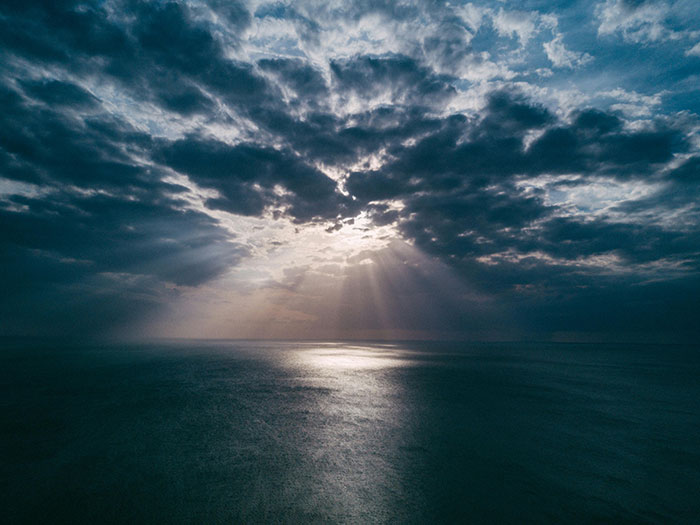 CO2 levels are causing the pH levels in the ocean to move towards an acidic level. No not like burn yourself acid, but just enough that it's causing an already noticeable impact to microorganisms at the bottom of the food chain. This may eventually lead to a ecological collapse. It seems to be impacting phytoplankton which is responsible for producing a good chunk of the air you breath as well. If the oceans go anaerobic the atmosphere would become toxic. A similar event has occurred during one or two of the past mass extinction events.
CO2 levels are causing the pH levels in the ocean to move towards an acidic level. No not like burn yourself acid, but just enough that it's causing an already noticeable impact to microorganisms at the bottom of the food chain. This may eventually lead to a ecological collapse. It seems to be impacting phytoplankton which is responsible for producing a good chunk of the air you breath as well. If the oceans go anaerobic the atmosphere would become toxic. A similar event has occurred during one or two of the past mass extinction events.
So, what's causing the poor guys to become extinct? Besides the abundance of pesticides, climate change is a big factor. It causes temperature changes and alters seasonal timing.
As temperatures rise, insects may no longer have cooler environments to migrate to. Droughts reduce food availability, and heavy rainfall might even drown them. Extreme weather events might be dangerous directly or destroy their habitats.
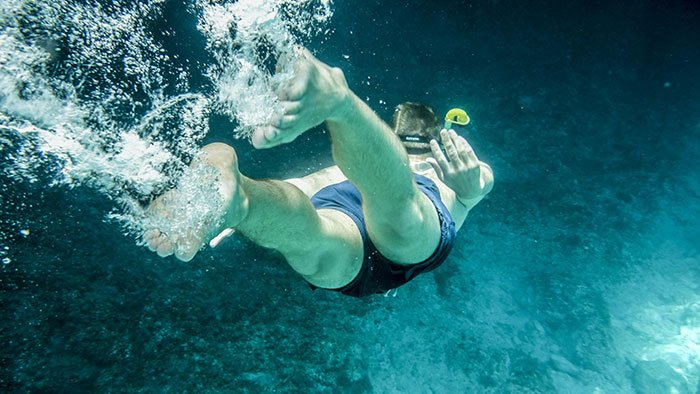 Swimming in freshwater could expose you to Naegleria fowleri — a brain eating amoeba** that is fatal 97% of the time, and is almost impossible to treat effectively.
Swimming in freshwater could expose you to Naegleria fowleri — a brain eating amoeba** that is fatal 97% of the time, and is almost impossible to treat effectively.
I watched a video on this on kurzgesagt.You need to have unsanitised water splashed high up your nose,to contract it.
We are currently in the sixth major extinction event, where our flora and fauna are being destroyed by human activity at a fast rate. It cannot be completely stopped anymore, only mitigated, and, let’s be real… we as humans have little interest as a whole to do so.
That's unfair! The ones in power are the ones who don't care. Building bunkers with flammable motes for when things collapse is pure psychopathy. Doubt their lined pockets will do them much good if the planet collapses though.
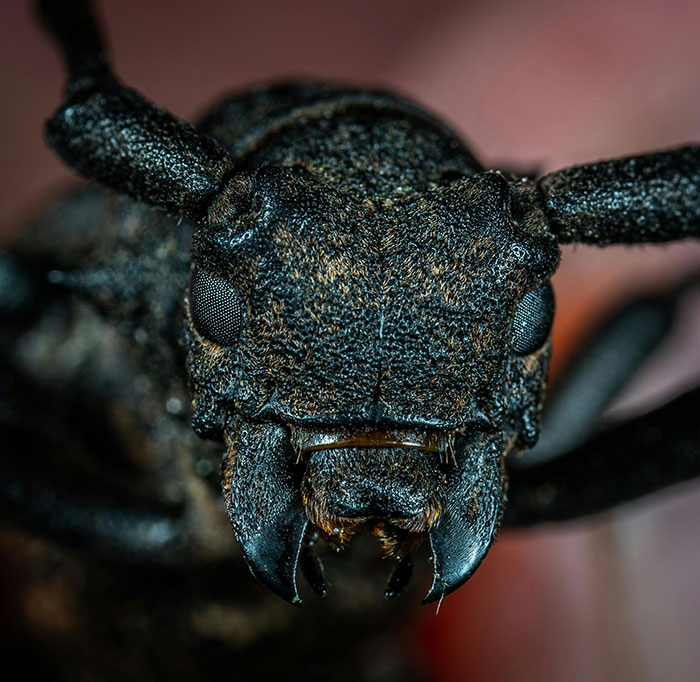 Insect population depletion.
Insect population depletion.
Well, we haven't seen Headless Roach in forever, so I have to agree with this.
What exactly would happen in a world without insects? Environmental writer Oliver Milman told Boston public radio WBUR that it might be worse than we think. "It would be an extremely dire place to live in – and certainly not something we should ever aim for."
"You would certainly have mass starvation [and] societal unrest… It'd be a place where there would be rotting feces and corpses everywhere because dung beetles and other insects that break down those materials would be gone."
 We know that there is a string connection between pregnant mother's having viruses such as the flu during pregnancy and schizophrenia. It will be interesting what we see in 15 years post COVID.
We know that there is a string connection between pregnant mother's having viruses such as the flu during pregnancy and schizophrenia. It will be interesting what we see in 15 years post COVID.
The End-Permian mass extinction was the worst in Earth's history. 70-80% of species died. It was caused by volcanic activity in Siberia spewing magma for thousands of years, releasing CO2 and igniting fossil fuel deposits as it bubbled up for good measure, leading to a runaway greenhouse effect and acidifying the oceans. Species had a better chance of surviving the asteroid that k***ed the dinosaurs. Today, the global climate is heating up 10x faster than it did at the end of the Permian.
This is also known as "The Great Dying", and Siberian volcanos is currently the favored theory but it's not the only theory. Data from 250 Mya is a bit sparse.
People don’t talk enough about the melting permafrost and the associated positive feedback loops that only accelerate what’s already started.
Pollinators would be perhaps the biggest loss. Pollinating crops by hand is an enormously labor-intensive operation, as China's Sichuan province has already learned. Their project to hand-pollinate orchards only yielded short-term results, prompting the discussion that we need to protect our pollinators even further.
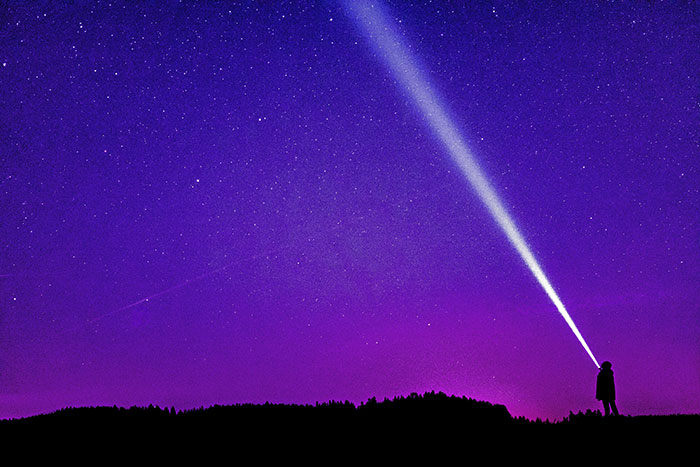 Take an Astronomy 101 course at your local community college. People have no idea the amount of and variety of things that exist in space, that can and do happen, that would send us back to the Stone Age, or outright annihilate life on Earth. I’m not talking asteroids, comets, and solar flares, everyone knows those, I’m talking supernovas, gamma ray bursts, wandering planets, wandering back holes, and more. And none of it do we have any ounce of control over. The good thing is the galaxy and universe are unbelievably large, so our chances of being affected by these things are, quite literally, astronomically low, but it ain’t zero.
Take an Astronomy 101 course at your local community college. People have no idea the amount of and variety of things that exist in space, that can and do happen, that would send us back to the Stone Age, or outright annihilate life on Earth. I’m not talking asteroids, comets, and solar flares, everyone knows those, I’m talking supernovas, gamma ray bursts, wandering planets, wandering back holes, and more. And none of it do we have any ounce of control over. The good thing is the galaxy and universe are unbelievably large, so our chances of being affected by these things are, quite literally, astronomically low, but it ain’t zero.
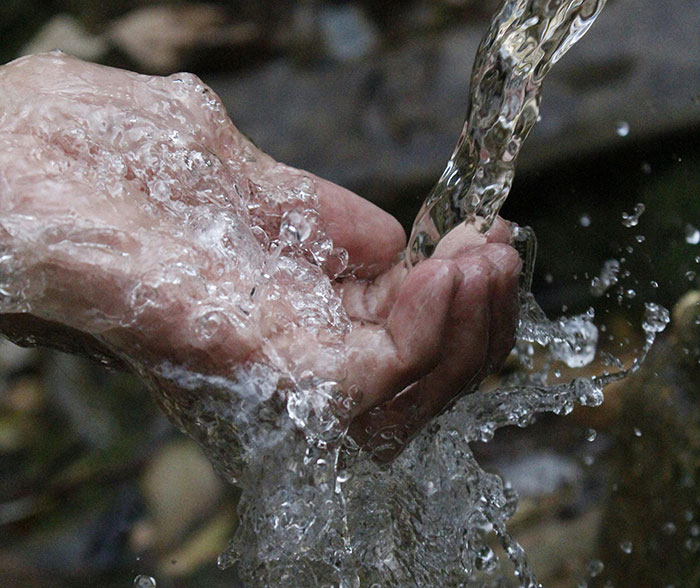 I'll let the others have the easy ones.
The inevitable displacement of Mexico City due to the abuse and lack of fresh water. It will be an international incident by their own making, displacing roughly 20 million people. Half of their utilities infrastructure is faulty and the current leadership has no viable way to repair and maintain their current system. It's not a matter of if, but when the system collapses. Normal groundwater reserve use is ten percent for any major city and only under dire circumstances should it be used at all. Mexico City uses almost half of their supply from groundwater reserves annually. Current projections show a complete collapse within 15 years.
I'll let the others have the easy ones.
The inevitable displacement of Mexico City due to the abuse and lack of fresh water. It will be an international incident by their own making, displacing roughly 20 million people. Half of their utilities infrastructure is faulty and the current leadership has no viable way to repair and maintain their current system. It's not a matter of if, but when the system collapses. Normal groundwater reserve use is ten percent for any major city and only under dire circumstances should it be used at all. Mexico City uses almost half of their supply from groundwater reserves annually. Current projections show a complete collapse within 15 years.
I saw something about this recently. There is a similar problem with their sewage. But they are building some mega tunnels to both bring in water and get the waste to a mega treatment centre.
 If you start showing any signs of rabies, you are going to die. Or at least in 99% of cases that happens.
If you start showing any signs of rabies, you are going to die. Or at least in 99% of cases that happens.
So we have 50 million things that will try to kill you in Australia but at least they won't give you rabies
 Alcohol increases the permeability of the blood brain barrier by unpredictable factors, which is why people die from overdose on their normal d**g dosages.
Alcohol increases the permeability of the blood brain barrier by unpredictable factors, which is why people die from overdose on their normal d**g dosages.
Most prescription d***s (and many over the counter ones too) tell you NOT to take alcohol when using them. People are so stupid sometimes.
 Your poor posture could lead to incurable chronic pain
sit up straight.
Your poor posture could lead to incurable chronic pain
sit up straight.
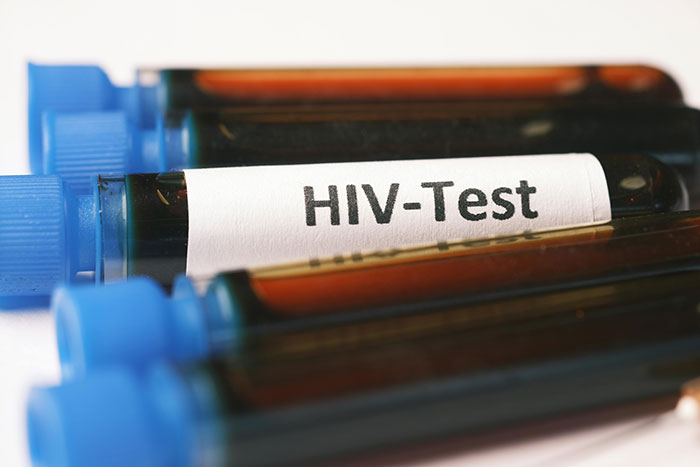 By the time AIDS was first discovered in the United States in 1981, 250,000 Americans were already infected with HIV.
By the time AIDS was first discovered in the United States in 1981, 250,000 Americans were already infected with HIV.
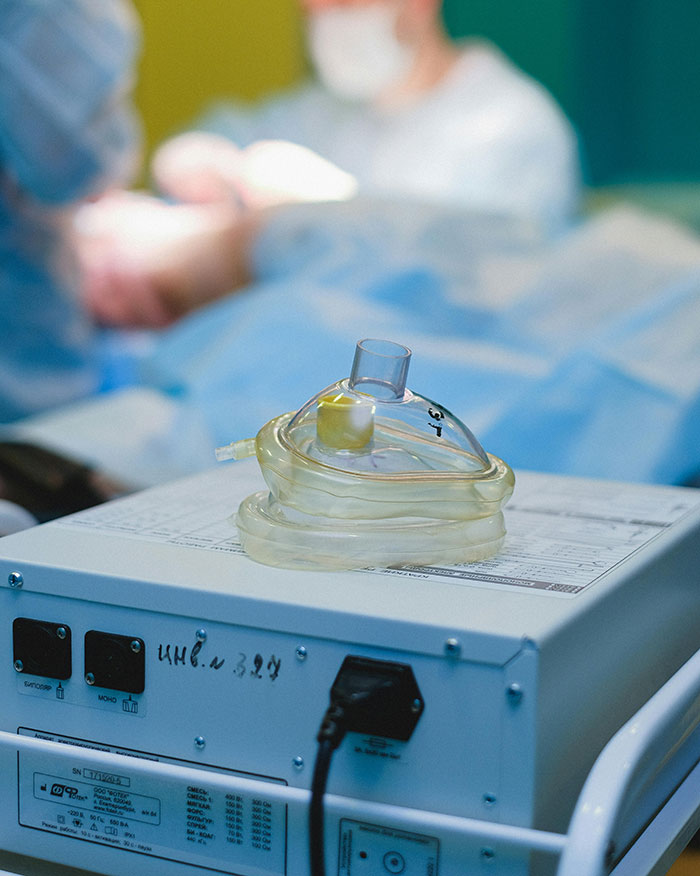 Last time i had to go under the knife i mentioned to the anesthesiologist "i read online that no one knows how anesthesia even works" and he kinda just said "yeah....".
Last time i had to go under the knife i mentioned to the anesthesiologist "i read online that no one knows how anesthesia even works" and he kinda just said "yeah....".
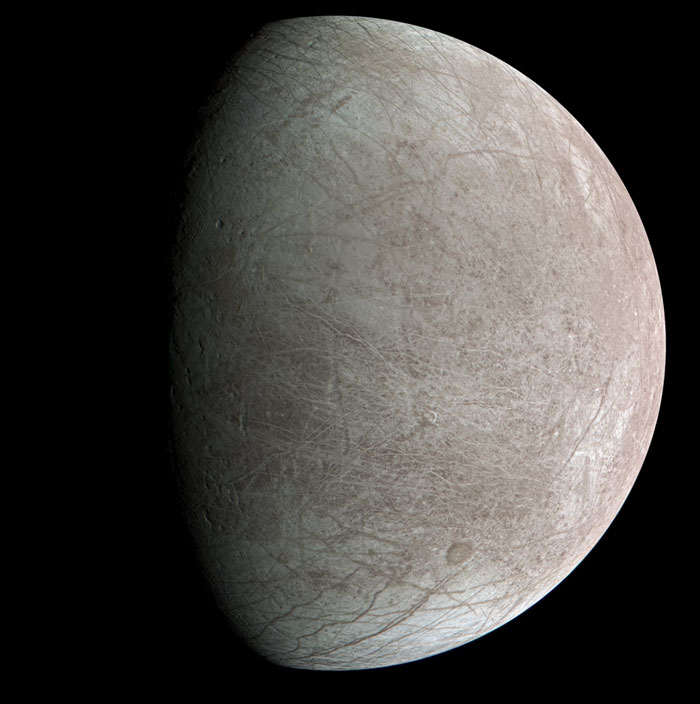 Europa even though smaller than earth has more water than all water bodies in the world combined.
Europa even though smaller than earth has more water than all water bodies in the world combined.
Uranus and Neptune have the most water, hundreds of times as much. Pluto has about as much liquid water as Earth, but it's buried deep.
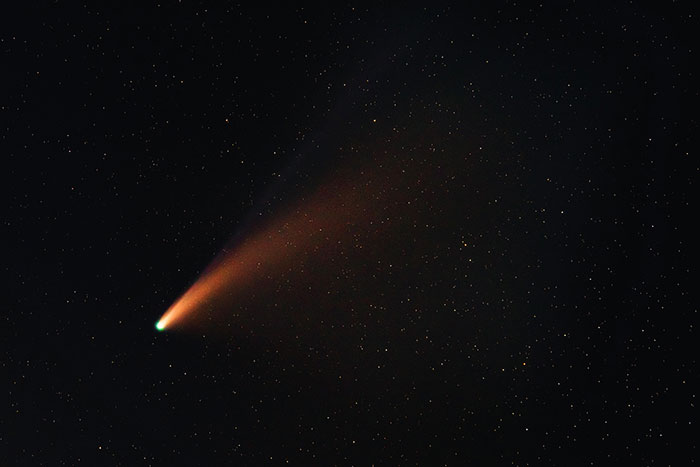 An Extinction Level asteroid could hit Earth with only a few days notice. Asteroids can appear very quickly from what appears to be nowhere. There is nothing we could do to prevent it from hitting.
An Extinction Level asteroid could hit Earth with only a few days notice. Asteroids can appear very quickly from what appears to be nowhere. There is nothing we could do to prevent it from hitting.
Depends on what you mean by "extinction level". We keep a good watch on asteroids more than 140 metres across. The asteroid that killed the dinosaurs was 10,000 metres across.
 Our bodies have no way of knowing that we're breathing oxygen. If I could snap my fingers and replace all the oxygen in you room with another inert gas you wouldn't notice. You wouldn't start to choke or struggle. You'd just get sleepier and sleepier until you die. That's why carbon monoxide is so dangerous. If you have any sort of gas appliance in your building, invest in a detector.
Our bodies have no way of knowing that we're breathing oxygen. If I could snap my fingers and replace all the oxygen in you room with another inert gas you wouldn't notice. You wouldn't start to choke or struggle. You'd just get sleepier and sleepier until you die. That's why carbon monoxide is so dangerous. If you have any sort of gas appliance in your building, invest in a detector.
Not exactly true. If the CO2 levels in your blood rise, that's what gives you the feeling to suffocate. That means however that the only way your body knows you are suffocating is if your CO2 levels rise. If there's another gas instead and the CO2 levels don't rise, you won't notice until it's too late.
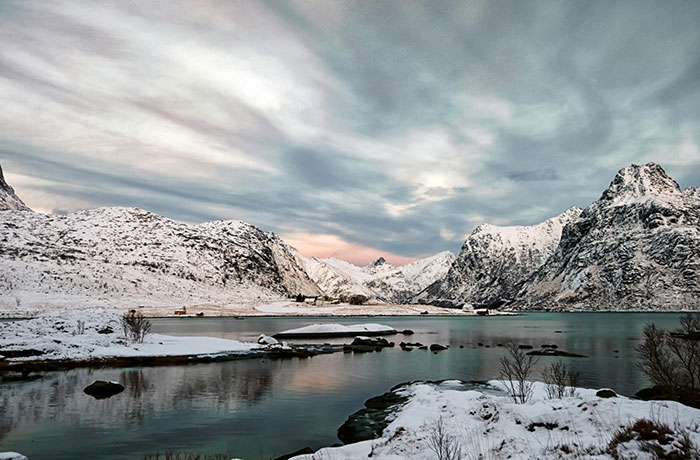 Tetraethyl lead raised worldwide lead levels so significantly they had to drill into arctic ice to find an uncontaminated sample.
Tetraethyl lead raised worldwide lead levels so significantly they had to drill into arctic ice to find an uncontaminated sample.
The lead lobby had the whole world convinced that Claire Pattinson was a kook and a crank but he proved how lead was destroying the population. In the process he had to build the world's first clean rooms because lead was so ubiquitous in the mid 20th century.
 Here's something different: Gödel's incompleteness theorem. Mathematics, the very science that we use to build bridges, fly airplanes and operate nuclear power plants, is inherently broken and there's no way it can be fixed.
Gödel himself lost his mind over this.
Here's something different: Gödel's incompleteness theorem. Mathematics, the very science that we use to build bridges, fly airplanes and operate nuclear power plants, is inherently broken and there's no way it can be fixed.
Gödel himself lost his mind over this.
Godel died because he was too afraid of poisoning to eat anything that wasn't prepared by his wife. When she was hospitalized, he died of starvation.
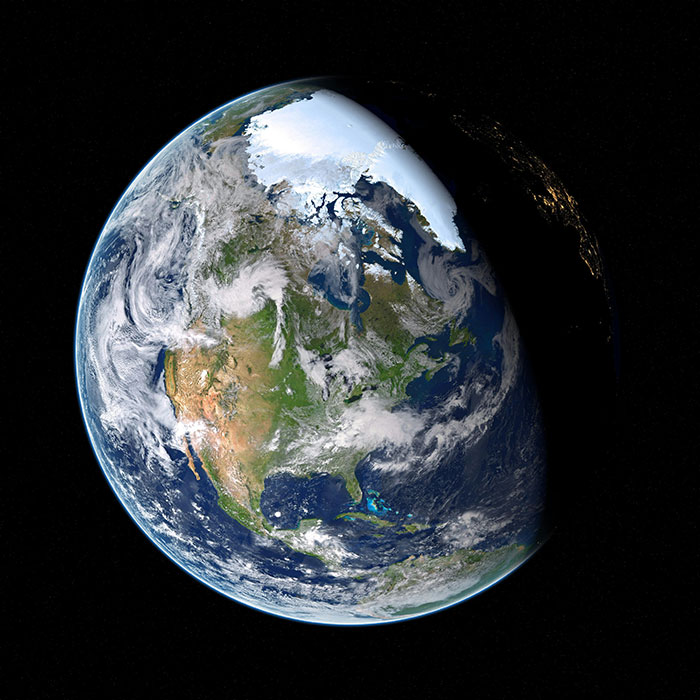 Earth’s magnetic field started shifting at an accelerated rate in 2000. The earth is long overdue for a magnetic pole swap.
Earth’s magnetic field started shifting at an accelerated rate in 2000. The earth is long overdue for a magnetic pole swap.
This is a misunderstanding of how magnetic reversals work. There is an *average* frequency with which they happen but not a *regular* frequency. Some periods of reversed magnetic polarity have been relatively short (by geological standards) and some relatively long. We're currently in a long period of magnetic north; that doesn't mean we're overdue for a shift. It's also not bad news because this is just something that happens. From an evolutionary perspective, it doesn't appear to have any impact and isn't linked to mass extinctions or anything like that. It might screw us up with electronic technology - I don't know enough about that to say one way or the other.
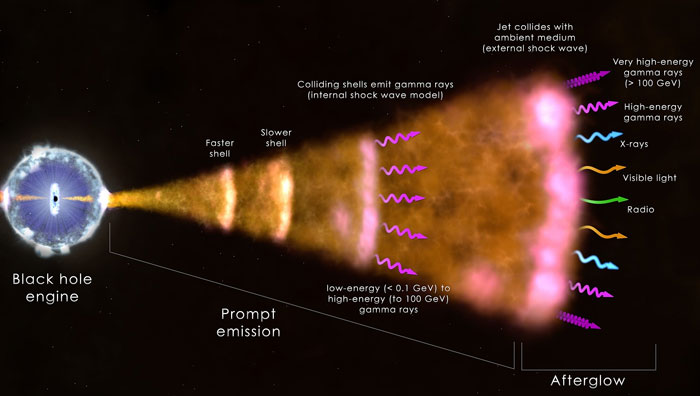 Gamma Ray Bursts.
If ever one happens to be close enough and aimed exactly at Earth, we're basically all dead.
Gamma Ray Bursts.
If ever one happens to be close enough and aimed exactly at Earth, we're basically all dead.
Or we'll all turn into Hulks (https://www.marvel.com/characters/hulk-bruce-banner)
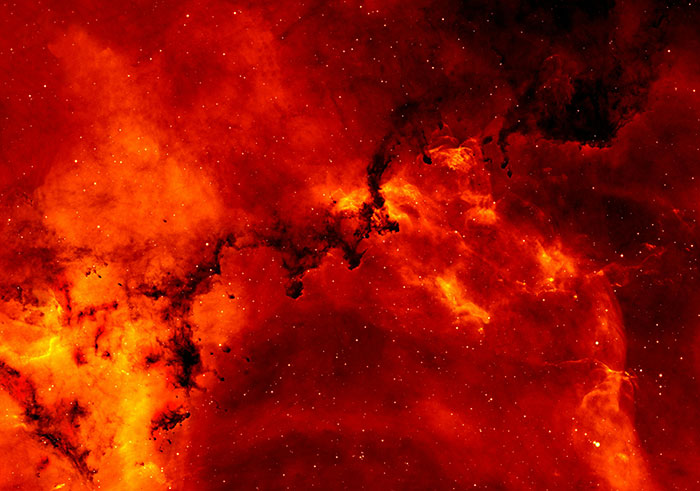 For two days in September of 1859 a massive solar flare (coronal mass ejection) powerful enough to make hanging telegraph lines burst into flames from the induced current washed over the Earth. Another massive burst in 2012 only just missed Earth, but it's not going to be pretty when our luck runs out on this.
For two days in September of 1859 a massive solar flare (coronal mass ejection) powerful enough to make hanging telegraph lines burst into flames from the induced current washed over the Earth. Another massive burst in 2012 only just missed Earth, but it's not going to be pretty when our luck runs out on this.
This b******t again, could we please stop with that topic for once? We don't have the same technology as back then, the worst thing that could happen is that it would disrupt satellite communication systems, power grids and other technologies that rely on precise timing or accurate data temporarily. Please everyone calm down. https://www.scientificamerican.com/article/should-you-really-worry-about-solar-flares/
 The actual amount of crude oil that's been pumped directly into the ocean. BP had High Definition 4K live footage of the pipe that ruptured and chose to censor it. And it's not just BP that's had an incident like that.
The actual amount of crude oil that's been pumped directly into the ocean. BP had High Definition 4K live footage of the pipe that ruptured and chose to censor it. And it's not just BP that's had an incident like that.
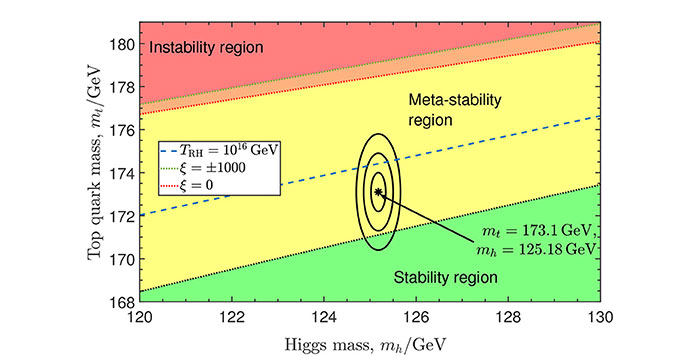 There’s this concept called the False Vacuum Decay.
Basically, ya know how an electron can orbit an atom (just roll with it)? And how it can orbit at a high state sometimes, then releases energy and drops to a low state? That low state is called the vacuum state. It’s the lowest state that a thing can be in, it’s the “default”. But there are some examples of a “false vacuum”. Basically, imagine a ball rolling down a hill. The false vacuum is a little valley it gets caught it. But it could still go lower.
Long story short: for various reasons we are afraid one or more fields in our universe might be in a false vacuum state.
If that false vacuum were to collapse, which could happen randomly via quantum tunneling, or if we pump enough energy in an area, or through a dozen other theoretical mechanisms, then the universe as we know it goes bye-bye. Everything we know ceases to exist from that point into a bubble which expands at the speed of light. And within that bubble nothing we know can ever exist again. It’s not destruction, it’s erasure and change. Within the bubble, the laws of physics will be different. Chemistry might not exist. Biological life might not be possible.
And we’ve done some experiments. Here are the results.
https://en.m.wikipedia.org/wiki/File:Higgs_FalseVacuum2018.jpg
The circles are indications of how certain we are. We’re positive our universe exists in the bigger circle. We’re fairly sure in the smaller circles etc etc.
The yellow means we’re in a false vacuum. Green means we’re good. Red means “you f****d up the experiment.”
So long short: we’re fairly sure that we’re in said false vscuum.
There’s this concept called the False Vacuum Decay.
Basically, ya know how an electron can orbit an atom (just roll with it)? And how it can orbit at a high state sometimes, then releases energy and drops to a low state? That low state is called the vacuum state. It’s the lowest state that a thing can be in, it’s the “default”. But there are some examples of a “false vacuum”. Basically, imagine a ball rolling down a hill. The false vacuum is a little valley it gets caught it. But it could still go lower.
Long story short: for various reasons we are afraid one or more fields in our universe might be in a false vacuum state.
If that false vacuum were to collapse, which could happen randomly via quantum tunneling, or if we pump enough energy in an area, or through a dozen other theoretical mechanisms, then the universe as we know it goes bye-bye. Everything we know ceases to exist from that point into a bubble which expands at the speed of light. And within that bubble nothing we know can ever exist again. It’s not destruction, it’s erasure and change. Within the bubble, the laws of physics will be different. Chemistry might not exist. Biological life might not be possible.
And we’ve done some experiments. Here are the results.
https://en.m.wikipedia.org/wiki/File:Higgs_FalseVacuum2018.jpg
The circles are indications of how certain we are. We’re positive our universe exists in the bigger circle. We’re fairly sure in the smaller circles etc etc.
The yellow means we’re in a false vacuum. Green means we’re good. Red means “you f****d up the experiment.”
So long short: we’re fairly sure that we’re in said false vscuum.
If vacuum decay occurs, we will never know it. It propagates at the speed of light, no way to see it coming.
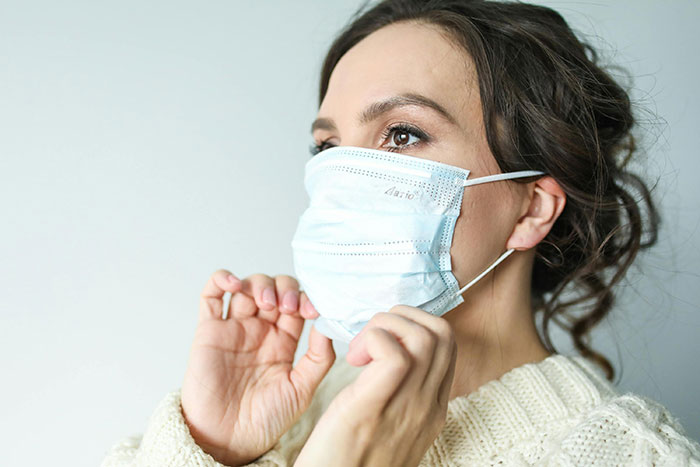 Viruses stay with you forever and a lot flair up later in life to f**k you up.
No one knows if COVID will come back in already infected people as something worse.
Viruses stay with you forever and a lot flair up later in life to f**k you up.
No one knows if COVID will come back in already infected people as something worse.
Not exactly. There are certain viruses that can remain dormant in your cells for years before causing an active infection again. It's why for instance people get cold sore break outs over and over and why people can get shingles years after a chicken pox infection. It's only a certain class of viruses, retroviruses, that have this ability though. COVID is not one of them. Any lingering effects of COVID is due to damage done by the initial infection or your immune responses to it. That's not to say that problems from a viral infections can't become apparent years later, because that does sometimes happen, but it's different that the virus 'coming back.'
There is a volcano about the size of texas under yellowstone and when it goes off it will wipe out most life on earth. It's overdue. By about 30 thousand years.
Context: Scientist who went on a date with a specialist nurse. Mucormycosis is caused by mold you find on bread that's been left out, and often kills you. I went on a date with a senior nurse in emergent infectious health, who scared the s**t out of me by saying that sometimes this mold will take hold of your bodily functions and kill you. It happens rarely, and often in immunocompromised people, but it can randomly happen to regular people as well. It's typically caught really late because it ls rare, meaning that it is often deadly. Imagine having a slice of bread that's got a tiny amount of mold and then getting a death sentence because it was caught too late.
I know someone whose two dogs died from this, they got into some bread from the bin and they both died extremely quickly. They were young, healthy Labradors.
 **Prions.**
I do not recommend researching. There is nothing to be done if you have prion disease.
**Prions.**
I do not recommend researching. There is nothing to be done if you have prion disease.
 The scariest ones are the ones NOT in this thread... because the public doesn't know about them.
The scariest ones are the ones NOT in this thread... because the public doesn't know about them.
I KNEW the government was keeping secrets from us !!! (lol)
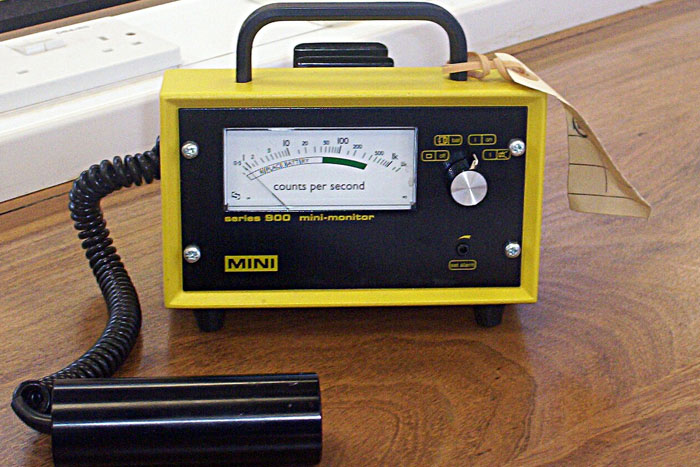 Geiger counters used to be incredibly easy to make, but now it is extremely hard to find non-irradiated materials to use as a reference point to count off of.
Geiger counters used to be incredibly easy to make, but now it is extremely hard to find non-irradiated materials to use as a reference point to count off of.
For me, it’s the perma frost scenario. The perma frost holds so much c02 (edit*** methane) that when it thaws it will just skyrocket our levels and there will be nothing we can do about it.
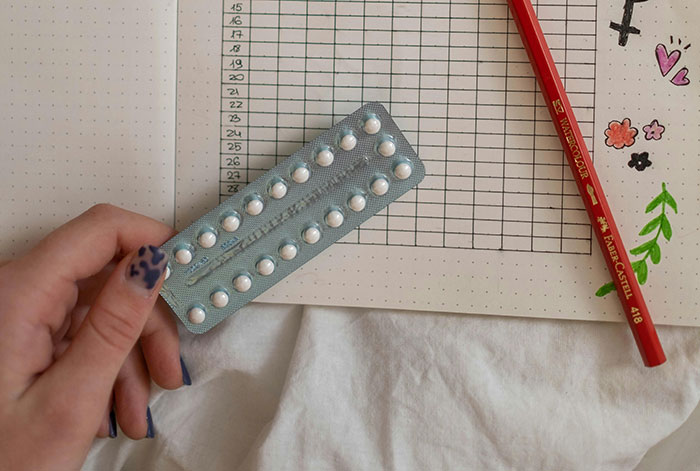 The first contraceptive pill was never tested on women. They tested it on men instead.
The first contraceptive pill was never tested on women. They tested it on men instead.
And they said, Wow, it's effective. All the test guys didn't get pregnant
There is about a 1 million year gap in which we know almost nothing about with almost no fossil evidence for that era. That’s enough time for beings to evolve, advance, and eventually die out.
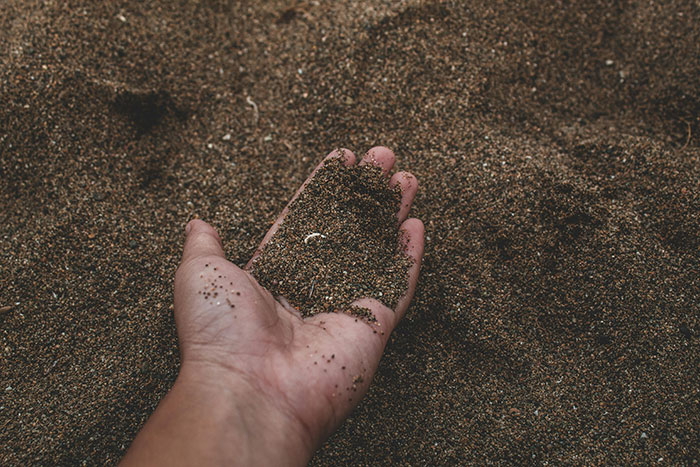 The worlds soil is running out of nitrogen pretty rapidly, and most farmland is essentially “zombie” farmland where it would be completely unusable without fertiliser, and if we ever run out of the minerals needed for fertiliser then we are rather screwed, and on top of that the nutritional value of most fruit and veg isn’t in a great state either there’s so much crop inbreeding, I mean one bad virus in the US could tank production of certain crops.
The worlds soil is running out of nitrogen pretty rapidly, and most farmland is essentially “zombie” farmland where it would be completely unusable without fertiliser, and if we ever run out of the minerals needed for fertiliser then we are rather screwed, and on top of that the nutritional value of most fruit and veg isn’t in a great state either there’s so much crop inbreeding, I mean one bad virus in the US could tank production of certain crops.
Artificial fertilizers kill off good farmland on purpose, so it cannot regenerate by itself. Big scale farming is ruining itself. Small fields, fertilized by local, natural "poop" from normal sized animal farms without anibiotics, and surrounded by hedges and wood areas are healthy, with crops being able to protect themselves.
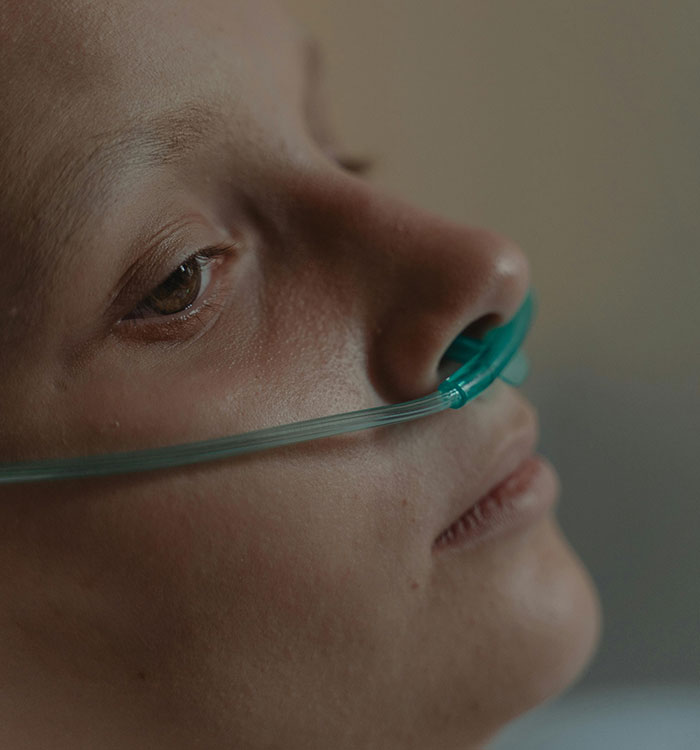 We all get cancer. But most are so little and small they can’t and won’t hurt us.
We all get cancer. But most are so little and small they can’t and won’t hurt us.
Hmmmmmmm this needs nuance. You probably develop cancer cells throughout your life at some point, which will be removed by the immune system. A cancer will grow, that is inherent to something being cancerous. It doesn't have to spread, but something that grows and grows will end up causing issues at some point.
The world can end by weaponized, self-replicating nanotechnology. > Gray goo (also spelled as grey goo) is a hypothetical global catastrophic scenario involving molecular nanotechnology in which out-of-control self-replicating machines consume all biomass (and perhaps also everything else) on Earth while building many more of themselves, a scenario that has been called ecophagy (the literal consumption of the ecosystem).
I learned about that yesterday and ive wanted to make some kind of textbased game about the end of the world (this might actually be the most improbable but most lethal theory out there)
 Antibiotics. We've literally exhausted all possible antibiotic treatment. There are bacteria that are already multi d**g resistant to Colisitin and Tigecycline which are like our salvage antibiotics at present. And there aren't new antibiotics that are approved or developed fast enough to deal with these. So a time will come in the near future where we can't treat infections anymore, especially in the hospital setting like ICUs etc.
Antibiotics. We've literally exhausted all possible antibiotic treatment. There are bacteria that are already multi d**g resistant to Colisitin and Tigecycline which are like our salvage antibiotics at present. And there aren't new antibiotics that are approved or developed fast enough to deal with these. So a time will come in the near future where we can't treat infections anymore, especially in the hospital setting like ICUs etc.
No we haven't exhausted all possible antibiotic treatment. Yes, it's an issue, but a lot of research is being done on new methods to get rid of MR bacteria, such as the use of phages.
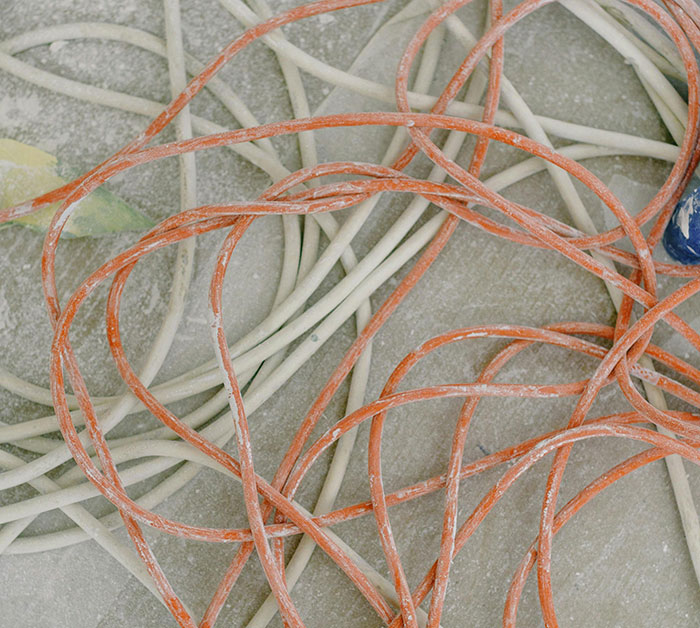 If an electrical line is damaged and is in contact with the floor, even walking away from it with big steps can cause a huge electrical potential difference between your feet and end you.
If an electrical line is damaged and is in contact with the floor, even walking away from it with big steps can cause a huge electrical potential difference between your feet and end you.
 Soil vitamins going bye bye and antibiotics not working anymore.
Soil vitamins going bye bye and antibiotics not working anymore.
Antibiotics, sure. That has always been on the cards. But what the heck is a "soil vitamin"?
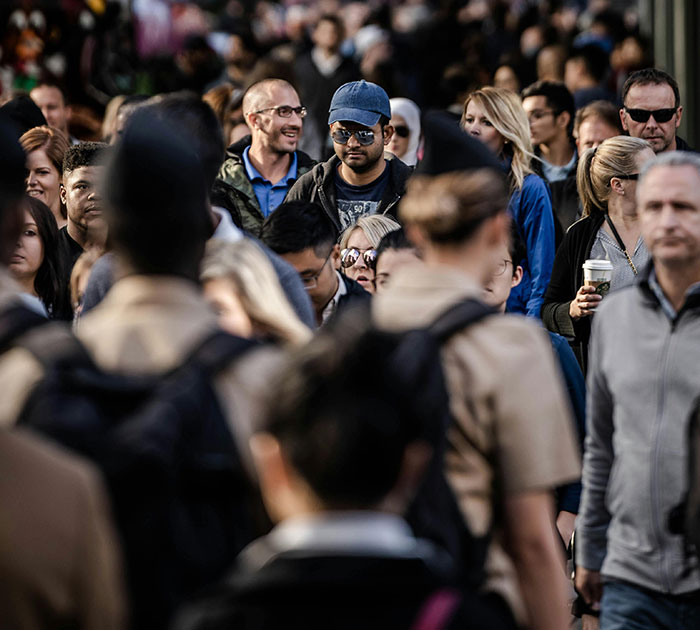 It is estimated that by 2050, more than 10 million people will die due to antimicrobial resistance. Many people know, but nothing is done and it is terrifying. Scary as f**k.
It is estimated that by 2050, more than 10 million people will die due to antimicrobial resistance. Many people know, but nothing is done and it is terrifying. Scary as f**k.
Traveling to the nearest star is never going to be possible in a human lifetime.
As of yesterday the Ivory Coast and Ghana has halted all chocolate production due to the high cost of the cocoa bean. The title of the article called it "The Chocpocalypse"
Of course, they could just stop giving all the profit to corporations, middlemen and billionaires who have nothing to do with the production and just pay workers a living wage to produce the beans and everyone would come out better. HAHAHA! Just kidding. Praise be to the billionaires. May they smile benevolently upon us.
Load More Replies...So much fun here! People have one fact - and find a way to make it scary! If that's what you want? Here is the ULTIMATE. 100% of Scientific Facts - can be distorted into an Apocalypse! All of them! Just stretch it all the way out, and - everybody dies out there. So. Now, you can all relax. In case you haven't noticed- we're not all dead!
As of yesterday the Ivory Coast and Ghana has halted all chocolate production due to the high cost of the cocoa bean. The title of the article called it "The Chocpocalypse"
Of course, they could just stop giving all the profit to corporations, middlemen and billionaires who have nothing to do with the production and just pay workers a living wage to produce the beans and everyone would come out better. HAHAHA! Just kidding. Praise be to the billionaires. May they smile benevolently upon us.
Load More Replies...So much fun here! People have one fact - and find a way to make it scary! If that's what you want? Here is the ULTIMATE. 100% of Scientific Facts - can be distorted into an Apocalypse! All of them! Just stretch it all the way out, and - everybody dies out there. So. Now, you can all relax. In case you haven't noticed- we're not all dead!

 Dark Mode
Dark Mode 

 No fees, cancel anytime
No fees, cancel anytime 



